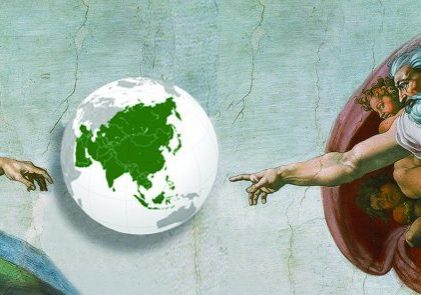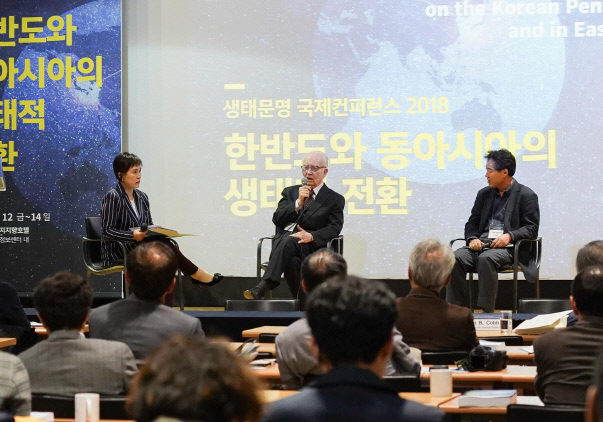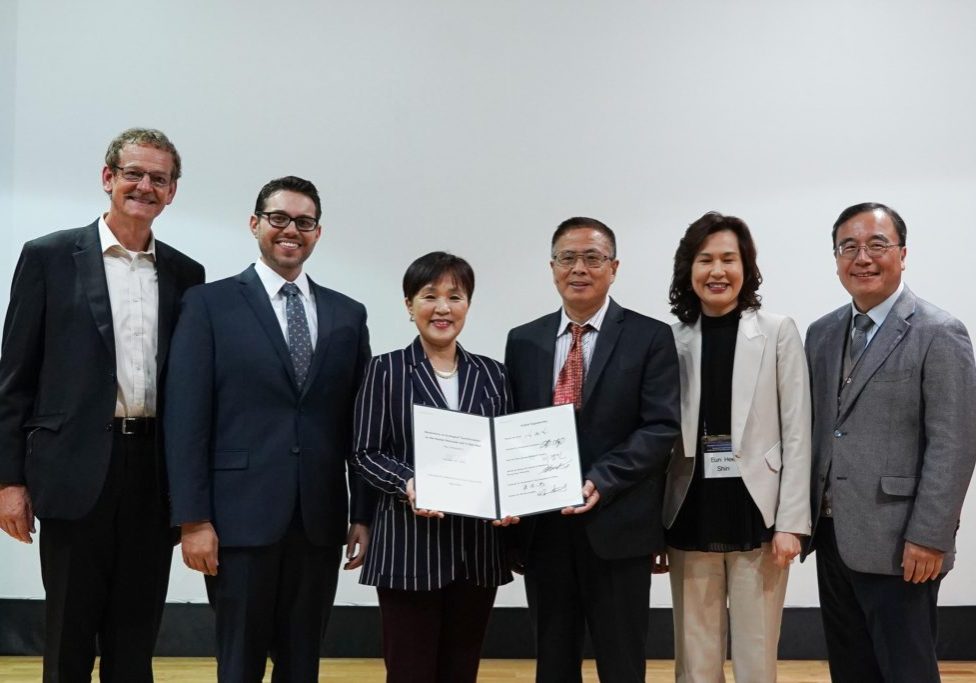알라딘: [전자책] 영적인 파산 by 존 캅 (지은이) / 박만
[eBook] 영적인 파산 - 행동을 요청하는 예언자적 외침


 존 캅
존 캅 (지은이),
박만 (옮긴이)
한국기독교연구소2014-11-04





전자책 미리 읽기
종이책
14,000원 13,300원 (

420원)

전자책정가
9,800원
판매가

10.0
100자평(1)리뷰(0)
이 책 어때요?
제공 파일 : PDF(2.19 MB)
TTS 여부 : 미지원

종이책 페이지수 328쪽
-------------------------------------------
책소개
미국의 대표적인 신학자 가운데 한 사람인 존 캅 교수가 출판한 책이다. 오늘날 세속주의라는 광기만이 아니라 종교성의 광기가 인류를 자기파멸로 몰아가는 근본 이유는 성서를 비롯한 종교전통이 시대적 위기를 해결하기 위해 재구성되지 못하면 폐기처분될 수밖에 없으며, 그 성스러운 지혜의 전통을 이윤추구의 유물론적 세속주의가 대체했기 때문이라는 분석이다.
따라서 저자는 성서와 고전 문명, 그리고 교회 역사에서 개인과 문화 전체를 변혁하기 위해 철저한 회개로 이끌며 성스러운 영적 전통을 재구성하는 세속화 과정의 예언자적 기능을 강조한다. 그것은 종교를 깨끗하게 만들고 타계적인 신화나 관심사 대신에 선교와 목회에 다시 집중하게 만드는 마지막 희망이라고 말한다.
목차
서론 __ 7
1장. 대재앙 앞에서 누가 도울 수 있을 것인가? __ 17
2장. 그리스와 이스라엘로부터 물려받은 유산들 __ 39
3장. 교회 안의 종교성과 세속화 __ 71
4장. 세속주의의 등장 __ 103
5장. 근대철학의 세속주의적 의도 __ 135
6장. 세속주의적 교육 __ 165
7장. 경제학과 경제지상주의의 승리 __ 197
8장. 세속주의에 대한 반발 __ 229
9장. 철학에서의 새로운 시작 __ 259
10장. 미국의 세상 변혁적인 기독교 __ 289
저자 및 역자소개
존 캅 (John B. Cobb) (지은이)
저자파일
최고의 작품 투표
신간알림 신청
교수는 오늘날 세계에서 가장 탁월한 신학자 가운데 한 사람이며, 예수의 복음에 대한 뜨거운 열정을 지닌 분이다. 그는 선교사의 아들로 일본에서 태어났으며, 제2차 세계대전 중에 군복무를 마친 후, 시카고대학교에서 철학박사학위를 받았다. 알프레드 노쓰 화이트헤드의 철학을 배운 후, 과정신학의 개척자가 된 그는 클레어몬트 신학교에서 가르치던 32년 동안 30여 권의 매우 중요한 저술들을 발표했다.
최근작 :
<예수의 아바 하나님>,
<영적인 파산>,
<민중신학, 세계신학과 대화하다> … 총 15종
(모두보기)
박만 (옮긴이)
저자파일
최고의 작품 투표
신간알림 신청
부산 장신대 교수로서, 장로회 신학대학원, 프린스턴 신학대학원, 토론토대학에서 공부했다. 저서는 『최근 신학 연구』, 『현대 삼위일체론 연구』, 『폴 틸리히』, 『현대신학 이야기』 등이 있으며, 『사탄의 가면을 벗겨라』(월터 윙크), 『다윈 이후의 하느님: 진화의 신학』(존 호트), 『태초에 창조성이 있었다』(고든 카우프만), 『영적인 파산』(존 캅), 『황혼의 사색』(토마스 베리) 등을 번역했다.
최근작 :
<현대 신학 이야기>,
<폴 틸리히>,
<현대 삼위일체론 연구> … 총 20종
(모두보기)
출판사 제공 책소개
이 책은 미국의 대표적인 신학자 가운데 한 사람인 존 캅(John Cobb Jr.) 교수가 85세에 출판한 책이다. 생태계 파괴로 인해 인류 역사상 최대의 위기에 봉착했지만, 정치, 경제, 교육, 종교계 모두 이 위기를 외면하는 참담한 현실 앞에서 저자는 어떻게 종교성마저 초자연주의, 개인주의, 내면성에 사로잡히거나, 혹은 전능하신 하나님이 개입해서 문제를 해결해주실 것이라 믿음으로써, 그토록 절박한 위기를 외면하게 만드는지, 인류문명은 어떻게 영적으로 파산되었는지 그 과정을 자세히 밝히고, 마지막 돌파구를 호소한다. 오늘날 세속주의라는 광기만이 아니라 종교성의 광기가 인류를 자기파멸로 몰아가는 근본 이유는 성서를 비롯한 종교전통이 시대적 위기를 해결하기 위해 재구성되지 못하면 폐기처분될 수밖에 없으며, 그 성스러운 지혜의 전통을 이윤추구의 유물론적 세속주의가 대체했기 때문이라는 분석이다. 결국 철학을 비롯한 모든 학문은 파편화되었을 뿐 아니라 가치중립이라는 명분으로 불구가 되었고, 대학은 우주와 삶의 의미를 가르치기보다 기업과 제국의 하수인이 되었으며, 경제지상주의는 인류를 탐욕스런 장님으로 만들었을 따름이다. 따라서 저자는 성서와 고전 문명, 그리고 교회 역사에서 개인과 문화 전체를 변혁하기 위해 철저한 회개로 이끌며 성스러운 영적 전통을 재구성하는 세속화 과정의 예언자적 기능을 강조한다. 그것은 종교를 깨끗하게 만들고 타계적인 신화나 관심사 대신에 선교와 목회에 다시 집중하게 만드는 마지막 희망이기 때문이다.














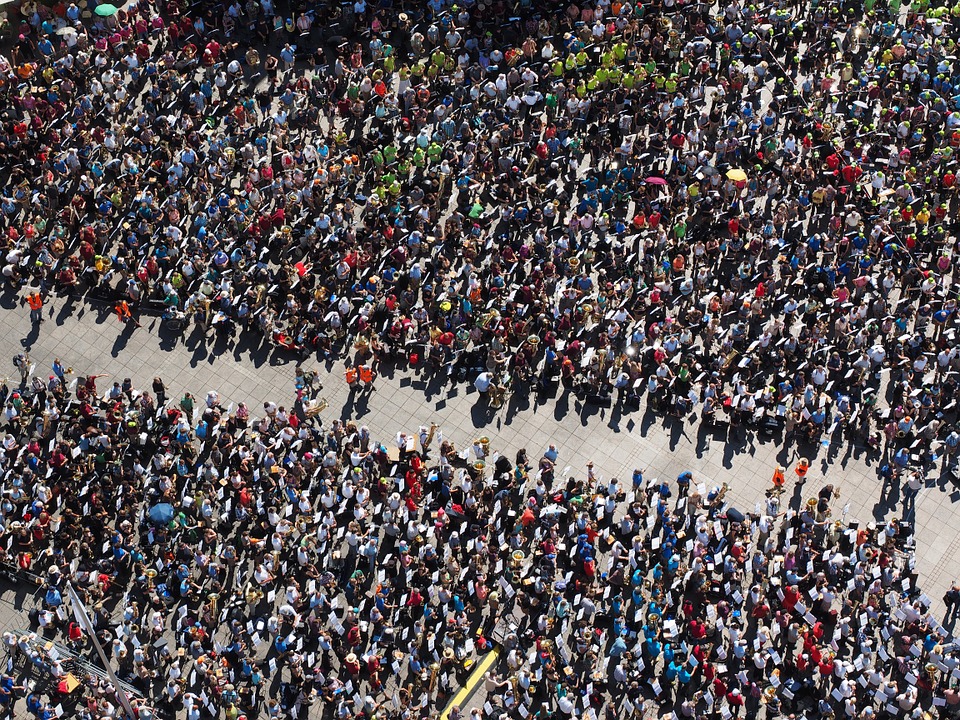 Photo:
Photo: 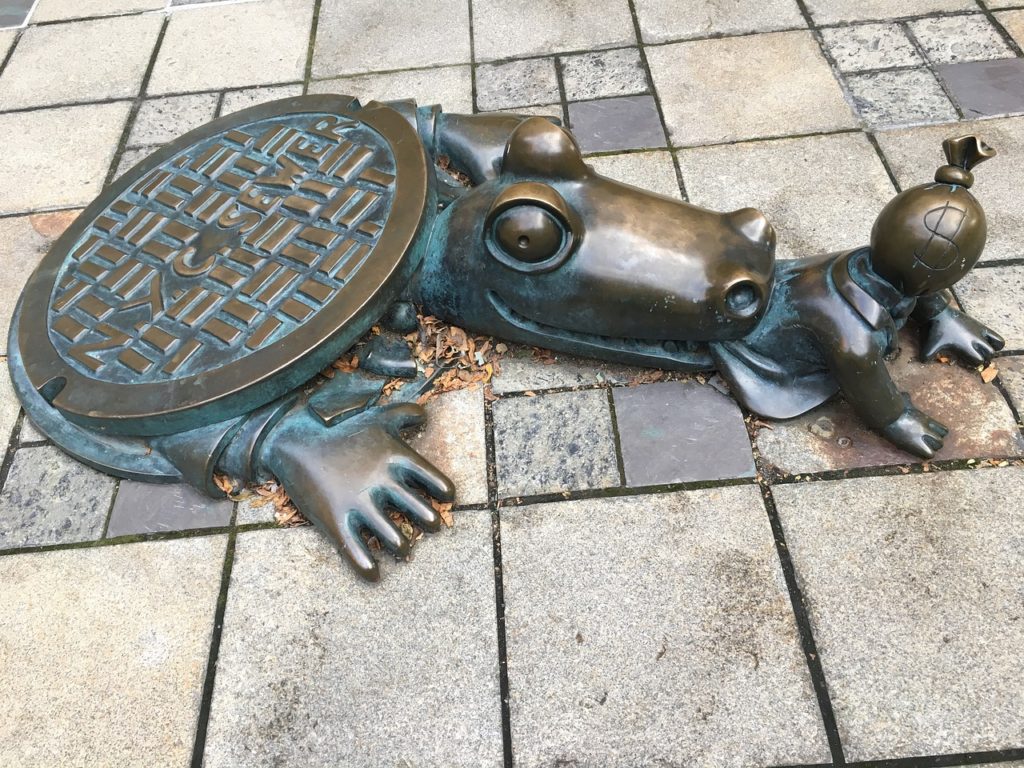 Photo:
Photo: 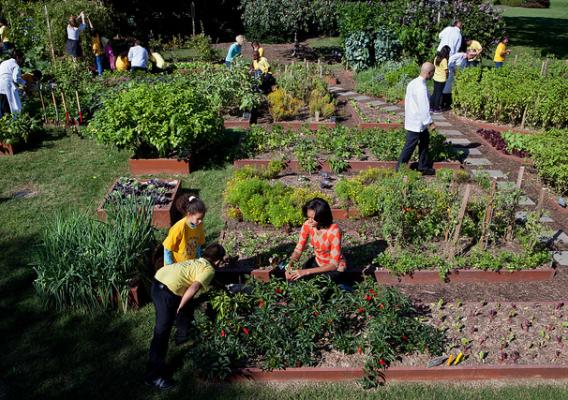 Photo:
Photo: 










